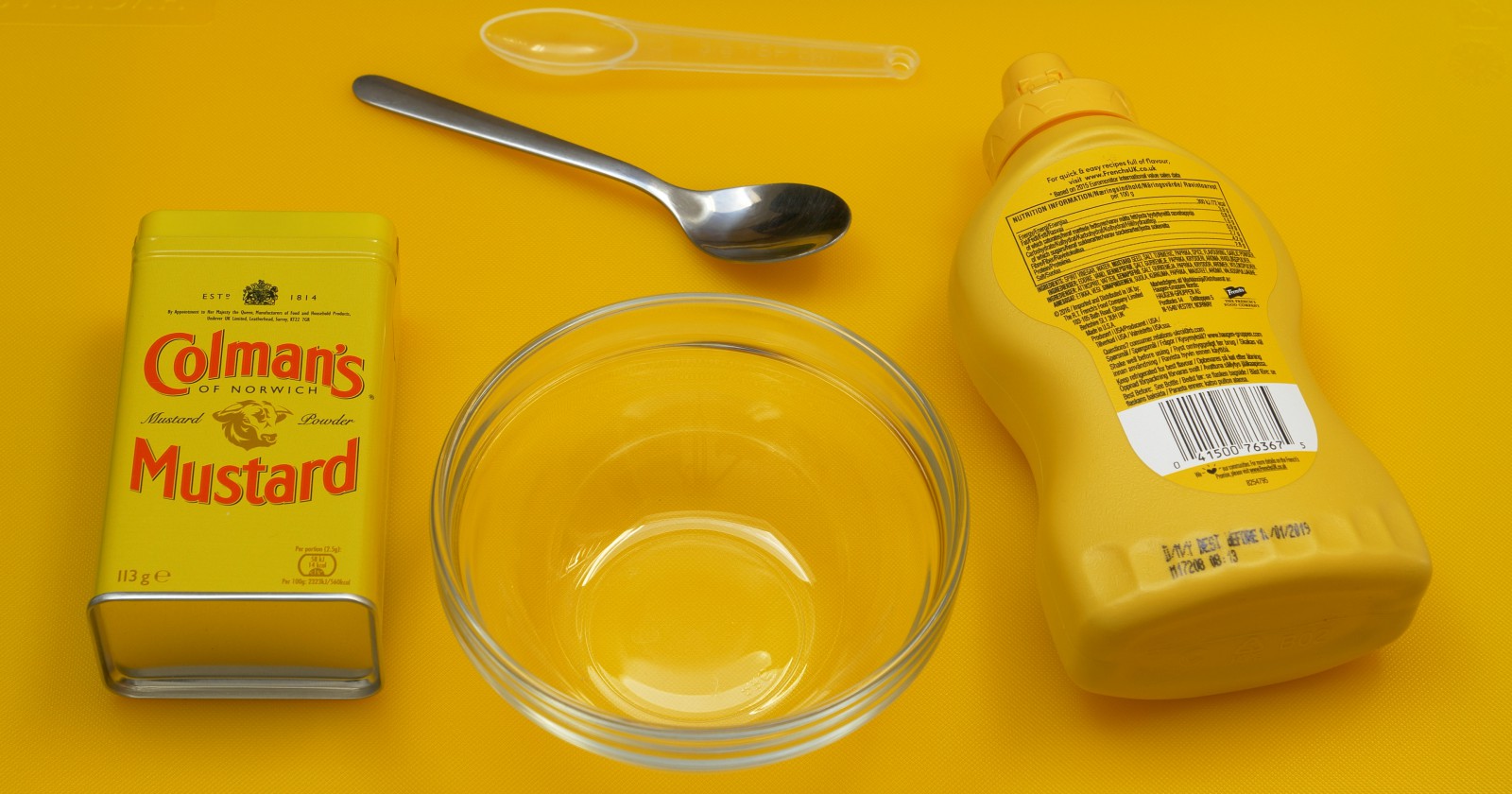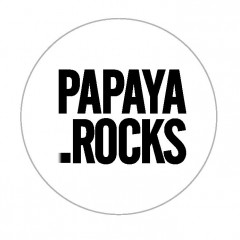We speak to the director of Trifle, which will be screened at Papaya Rocks Film Festival.
Your film will have its international premiere at the inaugural Papaya Rocks Film Festival in London. What does taking a part in this event mean to you?
I think this is an uncool answer – I'm supposed to be more aloof about this – but to me, festival screenings are everything. I often withhold any viewing of my films online, even from my close friends, because in the whole process of editing I'm thinking of the experience of someone watching the film at a live screening. Sitting in a theatre. Everything about the timing and the visuals is based on how I think it will feel looking up at a big screen in a darkened room.
Do you think nerves will set in closer to your screening?
Well, it can't be helped. My whole reason for liking filmmaking, especially editing, was that you could refine and refine and get things right and not worry about live performance of something. But at a fest, there's still a little bit of a performance: the film does exactly the same thing every time, but how it plays for the audience does change from venue to venue and night to night. There's always a little tension: will they laugh at the ending, or not?
Tell me a little bit about your work. How did this film come about?
I usually use the conventional tools of documentary: some interviews, some moments with the subject in action, perhaps some archival footage. But in the last year, I've been pushing myself to work more minimally. And in this case, I was asking myself: could you make something that is visually minimalistic but still shapes a full story, with a beginning, middle and ending?
What was the inspiration behind your screenplay?
This is based on real events. It's only a sixty-second film, though, so rather simple events. Still, it tells the story of a real moment my wife and I experienced after moving to a new country.
What was the hardest scene for you to film?
The idea of shooting something in a minimal way – no camera movement, just one simple framing – sounds really easy. But I fell into the same thing a painter must feel: should this object be the tiniest bit further? Are these objects best arranged this way, or that? So there was a compositional challenge, but related to how you reveal a story through objects.
What were the biggest challenges you faced making this film?
Well, the voiceover is my wife's voice, telling a true story. But when you set up to record, you inevitably do different takes and struggle to decide: how should this be said? A little faster? Slower? And that's a challenge that actors are used to, but in my general documentary work I don't interfere, I let people speak as they will. Here, the challenge was to communicate this tiny domestic drama.
Have you always wanted to be a filmmaker?
Well, I loved music but hated the tension of live performances. So when I was trying to hear more music by Jimi Hendrix, I watched the documentary Woodstock and discovered that I was fascinated by the idea of documentary. Of course, it then took me a couple of decades to really get access to the tools and skills to start making documentaries.
As a filmmaker, how important is the collaborative process for you?
I think the central point of documentary, for me, is that another person's life and viewpoint always tells a richer story than I could simply imagine. So I depend on the collaborative process in that sense. Collaboration with a film crew is also fun, and I've done a few very collaborative projects. But it's actually quite tough!
How much has your approach to work changed since your debut short film?
Well, the first short I made that went to festivals started out as an idea for a feature. I thought I'd gather everything on a story I was interested in, and end up with 90 minutes of wonder. But... I'd chosen a very frustrating story to tell, and after about a year I asked myself: “what if I told this in the shortest possible version”? So I made a three-minute version, thinking it was ludicrous. But people liked it, and it made a festival run, surprisingly. So the main thing that changed about my work is that today I start with the question: how long is the experience of this story? What's the shortest form I can tell it in? How can I draw this with just a few lines, instead of a million tiny, overdetailed dots? That doesn't mean I don't want to work in long form, it just means my approach includes an awareness that I will eventually aim for a refined version of the story – so I have to plan for that as early as I can.
Do you have any advice or tips for a fellow filmmaker?
I think we're in a period where it may be worth thinking like a studio artist, or at least considering how studio artists craft a career. There's a bit of a glut of films out there, overwhelming numbers of good and bad films aimed at showing in the same place you'd like to show. So, with that in mind, remember that this is the same situation painters and photographers and installation artists face. Take a look at how they craft a career, and sustain it, or when it means you might need commercial work or a day job to keep paying the rent. I think that challenge faces most of the learn from artists on this.
What are you currently working on?
I just finished an 11-minute documentary about our relationship with our childhood memories.
What do you hope people will take away from your film?
Well, it's very, very short, so I hope they won’t blink. But I also hope it will resonate with anyone who has to adjust to something that's new to them, and will encourage looking at this adjustment with a sense of humor.
see also
- Finalists of the Ninth Edition of the Papaya Young Creators Contest Revealed
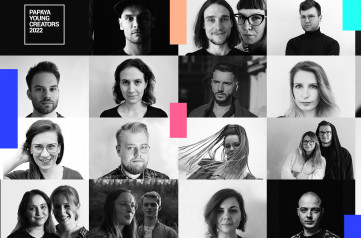 Papaya Young Directors
Papaya Young DirectorsNews
Finalists of the Ninth Edition of the Papaya Young Creators Contest Revealed
- Fifty Percent of Newcomer Guitarists are Women
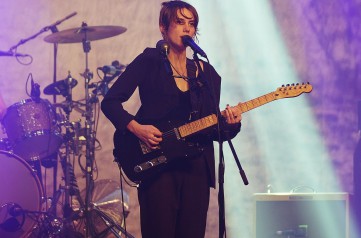
Trends
Fifty Percent of Newcomer Guitarists are Women
- Remembering "Embers"
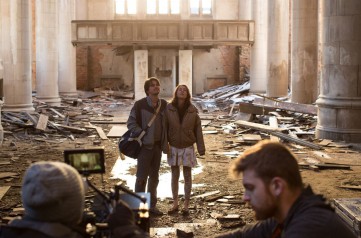
People
Remembering "Embers"
- Papaya Rocks Film Festival 2021— Block 1
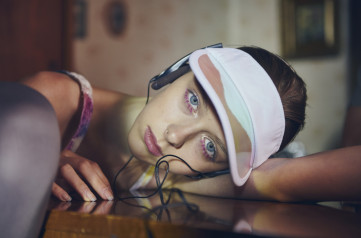 Papaya Rocks Film Festival
Papaya Rocks Film FestivalNews
Papaya Rocks Film Festival 2021— Block 1
discover playlists
-
Branded Stories PYD 2020
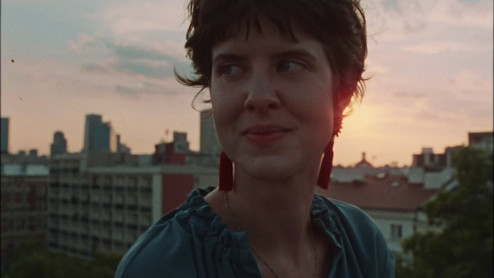 03
03Branded Stories PYD 2020
-
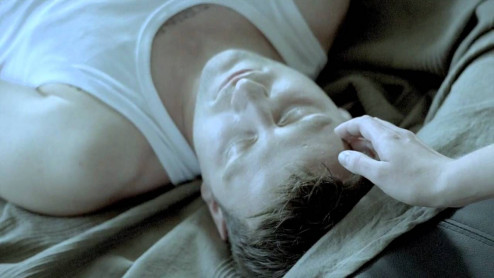 05
05 -
Papaya Young Directors 7 #MASTERTALKS
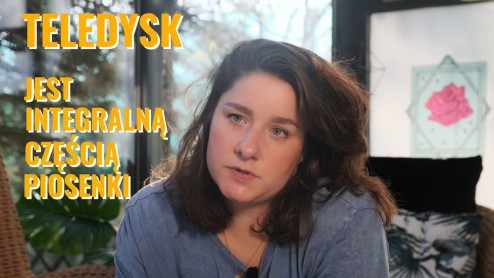 18
18Papaya Young Directors 7 #MASTERTALKS
-
Andriej Tarkowski
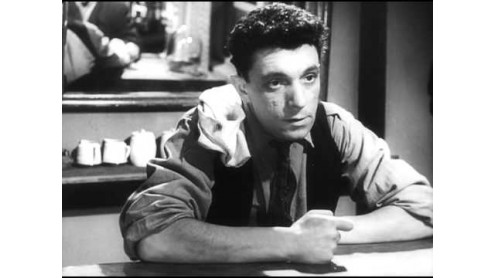 02
02Andriej Tarkowski
